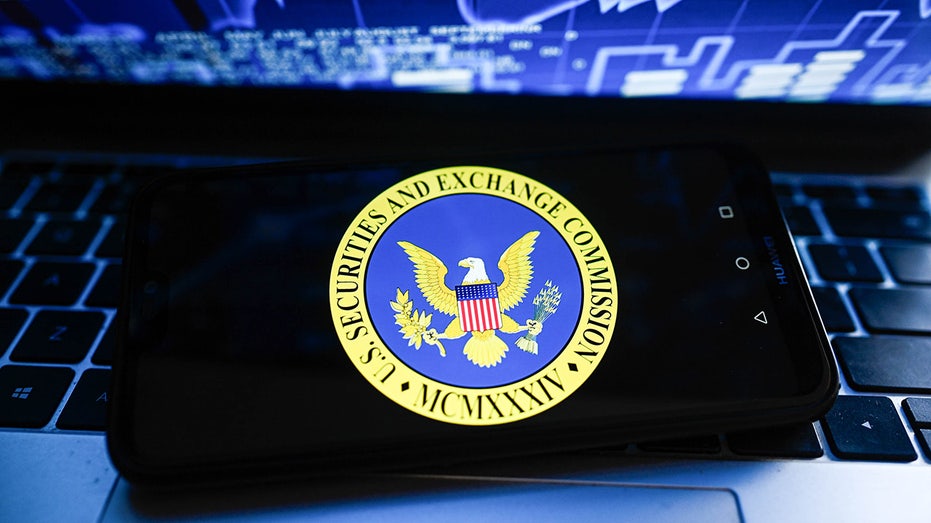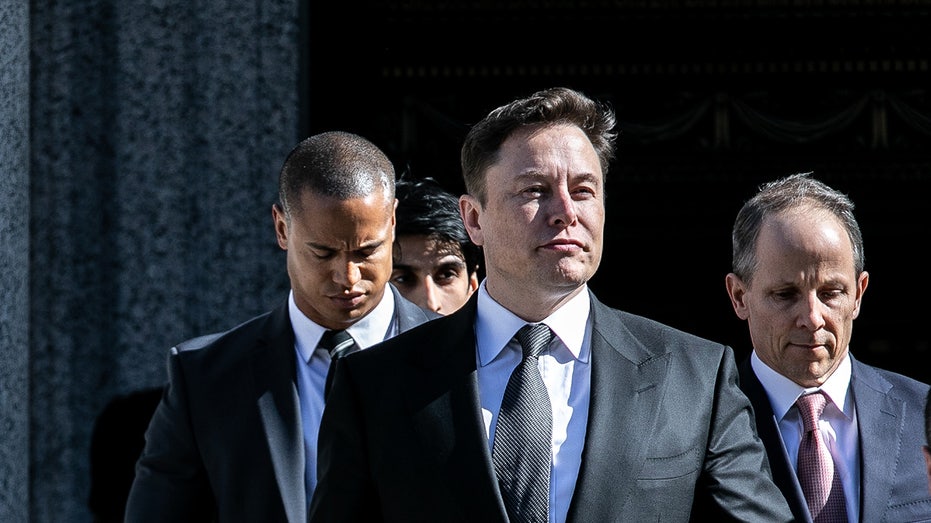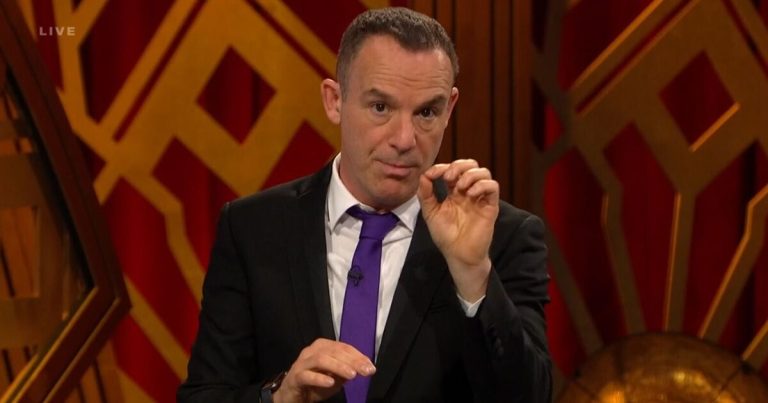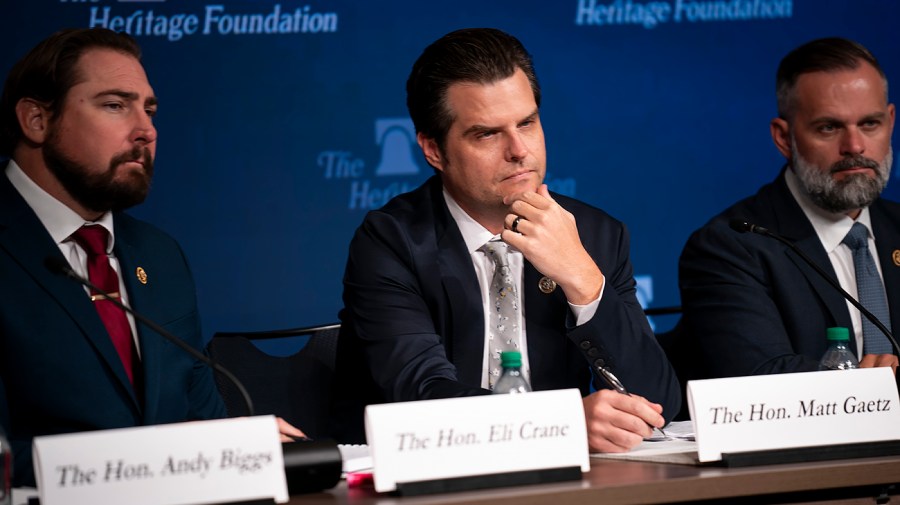
‘Varney & Co.’ host Stuart Varney discusses the consequences of a Delaware judge striking down Elon Musk’s $56 billion compensation package.
A federal court in California ruled on Saturday that Elon Musk must testify before the Securities and Exchange Commission regarding his purchase of Twitter, which he has since renamed X.
The U.S. District Court for the Northern District of California decided to enforce a subpoena for Musk’s testimony regarding potential violations of federal securities laws.
The two parties initially agreed to a date and time for Musk to testify at the SEC’s San Francisco office about possible violations of federal securities laws in connection with his 2022 purchase of Twitter and his statements about that purchase, according to the filing. However, Musk later “did not appear and resists the subpoena on the grounds that the SEC’s investigation is baseless and harassing and seeks irrelevant information.”
Musk also contends that the subpoena, issued by an SEC staff member appointed by the SEC’s Director of Enforcement, exceeds the “SEC’s authority because it was not issued by an officer appointed by the President, a court, or the head of a department, as required by the Appointments Clause of the U.S. Constitution,” the ruling notes. But as the SEC counters, the staff attorneys who sign subpoenas are non-officer employees not subject to the Appointments Clause: they lack the “extensive powers… comparable to a federal district judge conducting a bench trial.”
TWITTER TO SUBPOENA ELIZABETH WARREN FOR ALL COMMUNICATIONS WITH SEC ON ELON MUSK AS DEMOCRAT TARGETS TESLA

Elon Musk at the premiere of “Lola” held at the Regency Bruin Theatre on Feb. 3, 2024 in Los Angeles, Calif. He has since been ordered to testify before the SEC. (Michael Buckner/Variety via Getty Images / Getty Images)
In a decision Saturday, U.S. District Judge Laurel Beeler, wrote, therefore, “The court enforces the subpoena: the evidence is relevant and material to the SEC’s investigation, and the testimony is not unduly burdensome. As to the argument that the subpoena exceeds the SEC’s authority, the Exchange Act authorizes the subpoena, and the staff attorneys who issue subpoenas are not inferior officers subject to the Appointments Clause.”
The two parties must meet within a week to schedule that testimony. If they can’t agree, then they may submit a joint letter brief with their respective positions, Beeler wrote.
In December, Beeler rejected arguments from Musk’s attorney that the SEC lacked authority to issue subpoenas, holding that the financial regulator has broad investigative authority and adding that no judge would “second-guess” an SEC investigation. Beeler instructed Musk’s representatives and the SEC to arrange for Musk to sit for one more four-hour deposition with the agency’s investigators, or she would issue an order compelling his testimony early this year.
The SEC sued Musk in October to force the world’s richest man, who also serves as CEO of Tesla and SpaceX, to testify in an investigation into the $44 billion deal through which his ownership group took Twitter private and later rebranded it as X. That lawsuit followed Musk’s refusal to attend a September interview during the SEC’s investigation.

The U.S. Securities and Exchange Commission has been probing Musk’s purchase of Twitter for potential violations of federal securities laws. (Omar Marques/SOPA Images/LightRocket via Getty Images / Getty Images)
ELON MUSK MUST TESTIFY IN SEC PROBE OF TWITTER TAKEOVER, ACCORDING TO TENTATIVE RULING
Regulators are looking into whether Musk complied with the law when he filed paperwork with the SEC disclosing his purchases of Twitter’s stock and whether his statements about the acquisition were misleading.
The SEC began investigating Musk’s financial interest in the social media company in April 2022, when he first disclosed the purchase of a substantial portion of Twitter’s stock and began mulling a takeover bid. The deal eventually closed in October 2022 after Musk considered backtracking on his offer and faced a lawsuit.

Elon Musk departs from federal court in New York, on Thursday, April 4, 2019, after fighting arguments that the Tesla Inc. CEO should be held in contempt for tweets the SEC argued violated an earlier agreement. (Getty Images / Getty Images)
Musk provided the SEC with documents for the investigation and testified via video conference for two half-day sessions that July. The SEC indicated its attorneys have more questions for Musk following the receipt of new documents, which resulted in the unsuccessful effort to interview him in September 2023. The billionaire refused to comply, prompting the regulator’s lawsuit the following month.
GET FOX BUSINESS ON THE GO BY CLICKING HERE
Attorneys for Musk argued last month in response to the October lawsuit that the “SEC’s pursuit of Mr. Musk has crossed the line into harassment.”
They also advanced a constitutional argument that the SEC’s enforcement staff wasn’t lawfully appointed and therefore lacked authority to issue subpoenas.
Reuters contributed to this report.






